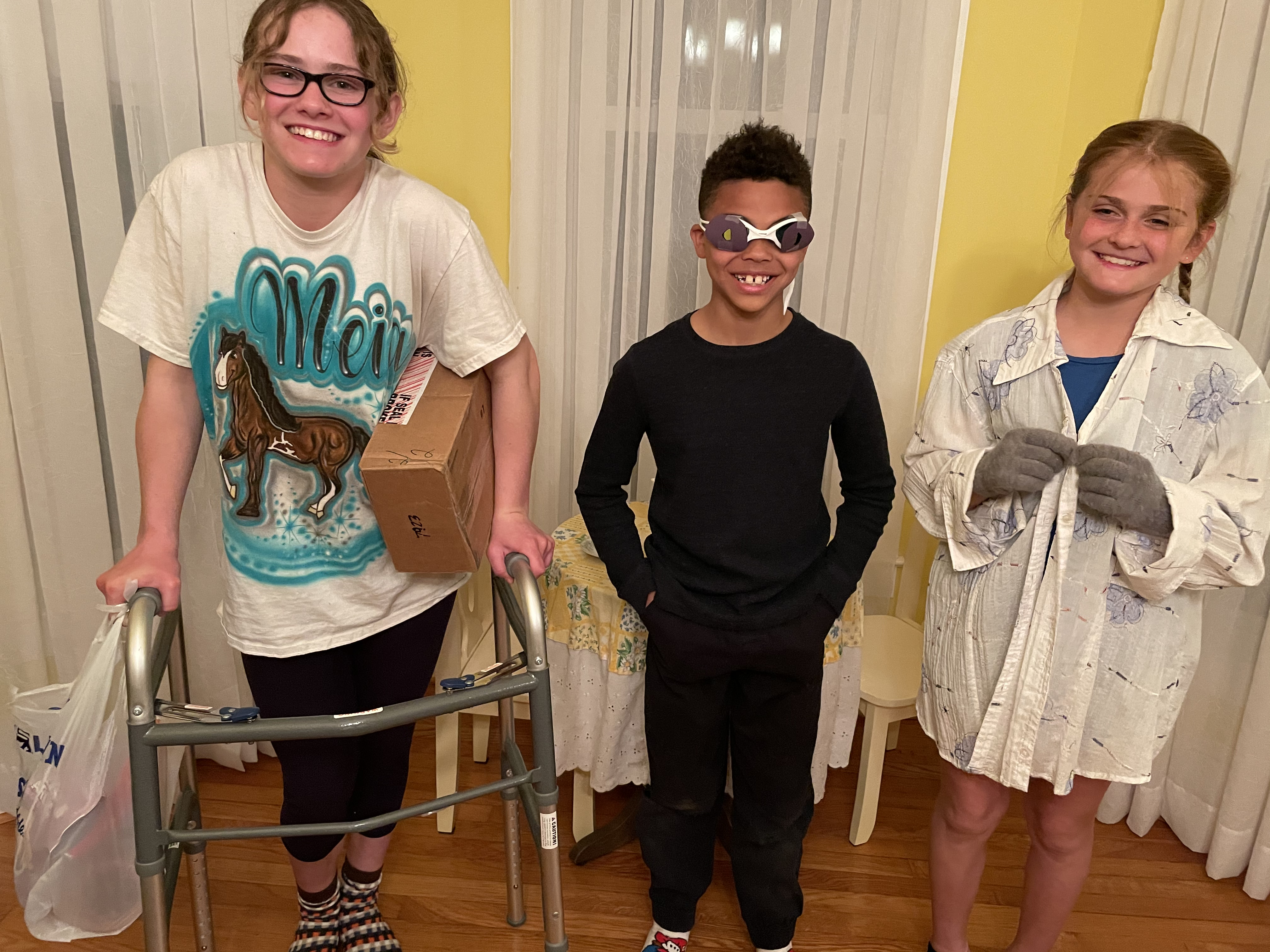Being elderly – a synopsis
Before the unofficial reunion with friends from days gone by, I pictured them just as I remembered them from years before – many years before. How surprised was I when we laid eyes on each other and I realized that just as I had changed, so had they! Yes, we grow old together, even when we are apart. It was quite a relief to realize I wasn’t the only one whose appearance had changed.
Of course, it is not just our physical looks that change through the years. The other night I put the last dab of face cream from the jar on my face. Before I threw it in the waste basket, I glanced at the label, then took a closer look. Well, the good news is I did not experience any facial sunburn over the last month. The bad news is neither did I impede any wrinkles; the label read “sunscreen.” It was the same brand as my usual anti-wrinkle cream; the same size jar; but an entirely different product. I must have been in a hurry when I grabbed that off the shelf.
We grow older and experience change. Some good. Some not some good. Today I want to talk about what it means to be elderly. Look it up in the dictionary and you see that this word is defined as old and aging or as a polite word for old.
Synonyms include mature, senior, advanced in years, not as young as one was…and then there are the less polite ones: over the hill, no spring chicken, doddering, in one’s dotage, codger (specifically male), grizzled…grizzled? The formal word is senescent, a rare one is longevous; and of course, the antonym is young.
Traditionally, elderly has been used to identify someone 65 years of age or older. Those 65 though 74 may be defined as “early elderly” while those over 75 have earned the title “late elderly.” Note, this refers to late as opposed to early, not late as in passed away. Important consideration.
Research has often been conducted on this subject and findings usually reveal that the older the person being asked the question, “What is elderly?” the higher the response. While a Millennial may consider someone elderly at age 60, baby boomers know you are not really elderly until you are at least 75. It is probably not important to know what those of Generation Z consider over the hill.
It may surprise you to know that the average age of a caregiver in America today is 69.4 years. So, some of you reading this may already have earned the elderly designation. For younger caregivers, your recipient is most likely in that category.
Many health care providers recognize three common characteristics of the elderly population. The first is the loss of the conception of being too powerful to be defeated – the notion of invincibility. Another is the inability to take care of one’s own needs, often referred to as the activities of daily living. Many also experience some emotional deficits. The third is the recognition that life will be coming to an end at some point in the future. While not one of us is promised tomorrow, an elderly person more often comes face to face with the knowledge that he or she is in the last stage of life.
Within this age group, there is a vast difference in the physical and mental conditions of individuals. Some people’s health deteriorates more quickly than others. I was reminded yesterday, while standing on a ladder and staining old barn doors, that I had bed-ridden patients in long term care who were younger than I am at present.
While reading about this subject, I came across an interesting plan presented by Texas A & M University in an “Aging Simulation” workshop. The purpose was to help young people gain some understanding of what it is like to experience old age. It included:
Sight: Wearing swimmer’s goggles with black paper pasted to lens with only a small hole to simulate tunnel vision
Hearing: Use ear plugs to dull the sound of people talking.
Touch: While wearing thick gloves, button a shirt or buckle a belt
Dexterity: With tape around several fingers, unscrew a jar lid.
Mobility and Balance: Carry packages while using a walker.

If there are young people in your family, you may want to use these ideas to let them experience some of the difficulties with which their elderly loved ones must contend.
Whether you or your loved one (or both) fall into the category of elderly, do not despair. We all know that the alternative is dying young. There are some rough spots along the way, but nothing that has not or cannot be dealt with. We will discuss some of those next week.
Caring Quote: That is why we are not discouraged. Through outwardly we are wearing out, inwardly we are renewed day by day. Our suffering is light and temporary and is producing for us an eternal glory that is greater than anything we can imagine. II Corinthians 4:16-17